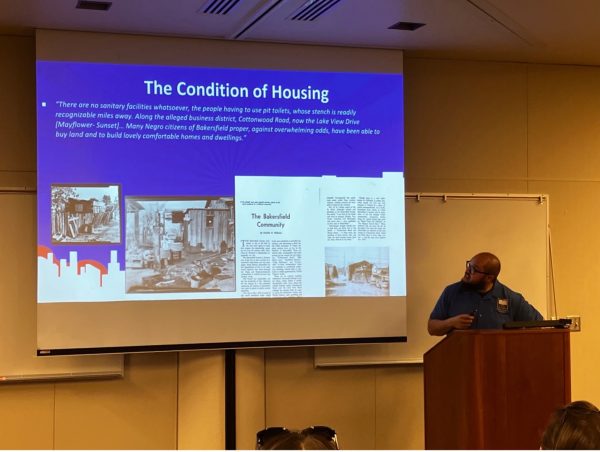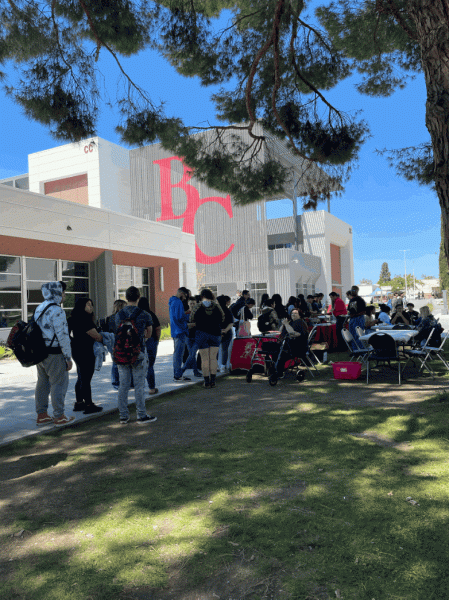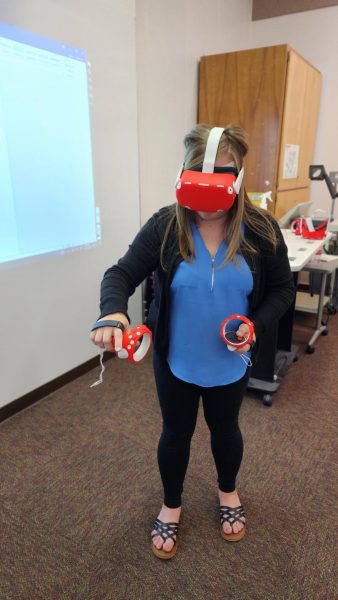The effects of colorism on Latina and black youth panel
November 12, 2020
Bakersfield College Latinas Unidas and Latina Leaders of Kern County worked together and hosted a virtual panel to give the Latina and black community a chance to sit down and talk about the issues that have had an effect on black and Latinx people growing up. This panel was held on Nov. 4, 2020.
In this panel asking the questions, there was Brenda Valadez, who is a Bakersfield College communications professor and Latinas Unidas Faculty Advisor.
Also asking the questions, there was Margarita Ruiz, a Bakersfield college Student and ICC representative of Bakersfield College Latinas Unidas. Answering the questions is Bakersfield College student and ICC representative for Umoja student organization Nikki Teague. Also, BC’s student senator, representative of the Equal Opportunity & Diversity Advisory Committee (EODAC), and president for the Latinos Unidos Por Educacion (LUPE) Student Organization is Edith Mata. Last but not least, there was Aris Trujillo, a BC student, and Latina Unidas member.
One of the first questions from Valadez was “how do you identify racially and ethnically?” Mata said, “she identifies racially as a human.” Trujillo said ethically she identifies as Mexican. Teague said she identifies as African American.
Valadez then asked a specific question for Teague which was “can you describe from your experience or just general knowledge how colorism or skin color privilege plays out in the African American community?”
Teague responded by saying “I would say that fair skin is definitely more appreciated, or more favored and praised.” She then continued and said that there are more positive aspects with light skins versus dark skin. “Colorism brings a lot of division in the African American communities”
Teague asked. “Do you think that white skin privilege exists in Latino or minority groups and have you experienced it?” Trujillo responded with “yes, I definitely believe that light skin privilege exists, as a light skin Latino myself.”
“How do you feel about the term Latin X and what is your perspective?” Mata responded with “the word Latin x is for a binary person. It’s supposed to be more inclusive of male and female and for those who don’t identify as male or female.” “I also feel that it’s important for folks to identify themselves because they’ll take pride in that,” Mata said, “If folks identify with that and are comfortable with that, then yeah why not embrace it.”










